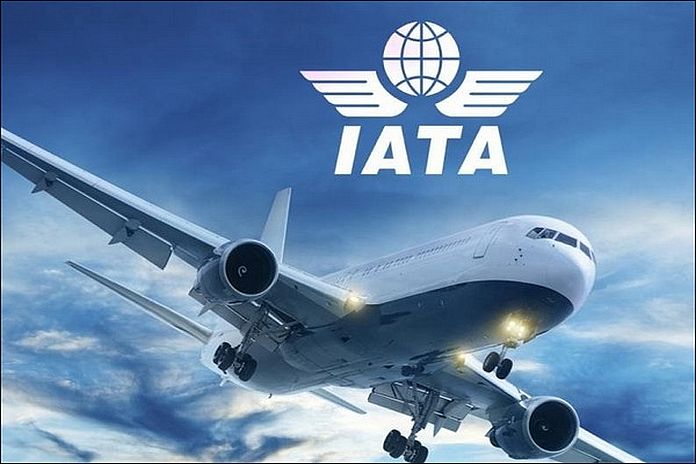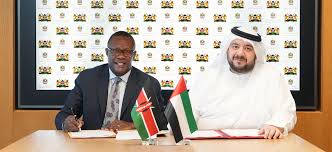The International Air Transport Association (IATA) is calling on African governments to act fast and make aviation a top priority for the continent’s economic and social progress.
Speaking at a recent summit, Somas Appavou, IATA’s Regional Director for External Affairs in Africa, emphasized that aviation is not just about flights—it’s about jobs, trade, tourism, and development.
“Aviation supports over 8.1 million jobs and contributes USD 75 billion to Africa’s GDP. If properly supported, Africa’s aviation market could double by 2044, growing at **4.1% annually,” Appavou said.
To unlock this massive potential, IATA outlined three critical areas where governments must act.
Although air safety in Africa has improved, it still lags behind the global average.
The main concern is that many countries are slow to implement ICAO’s global safety standards (SARPs). The current implementation rate in Sub-Saharan Africa is only 59.49%, compared to a global average of 69.16%.
Runway accidents were the most common incidents reported in 2024. IATA urges governments to:
Strengthen runway safety teams at airports,
Fully implement SARPs,
Publish accident reports on time (only 8 out of 42 accidents from 2018 to 2023 have been reported),
Use tools like IOSA and ISSA to improve airline safety and regulatory oversight.
Air travel in Africa is 15% more expensive than the global average because of high taxes and fees. This hurts tourism, business, and trade.
IATA stresses that:
Excessive taxes kill demand.
Lower costs mean more passengers, more flights, and more jobs.
Governments must ensure airport fees are used to fund essential infrastructure—not just to raise revenue.
Smart partnerships between governments and the private sector can create cost-efficient and scalable airports, especially in growing cities.
As of May 2025, over $1 billion of airline revenue is blocked in African countries, making up 73% of all blocked funds worldwide. This affects 26 African nations.
When airlines can’t access their earnings, they:
Cut flight routes,
Reduce frequencies, or
Leave the market altogether.
This means fewer travel options for passengers and weaker economic connections.
IATA urges governments to respect their international agreements and allow airlines to repatriate their earnings freely. Keeping funds locked damages the industry and slows national growth.
Africa is also participating in CORSIA—the Carbon Offsetting and Reduction Scheme for International Aviation—which is the global system to reduce CO₂ emissions in aviation.
As of 2025:
129 countries have joined CORSIA,
20 of them are in Africa.
IATA is asking African governments to:
Support CORSIA instead of creating individual national or regional taxes,
Make CORSIA-eligible carbon units available to airlines,
Use the system to benefit from climate investment, green jobs, and carbon markets.
This will ensure that African aviation remains globally aligned while also attracting international partnerships and climate funding.
“These are not new problems,” said Appavou, “but solving them is urgent. That’s why we launched Focus Africa in 2023—to deliver real improvements in safety, affordability, and connectivity. Aviation is not a luxury. It is a lifeline.”
For Africa to take full advantage of its aviation potential, governments must urgently:
Improve safety by implementing global standards,
Reduce excessive taxes and charges,
Release blocked airline revenues,
Support global climate programs like CORSIA.
With the right actions, Africa’s skies can become a powerful engine of economic growth, job creation, and regional integration.



